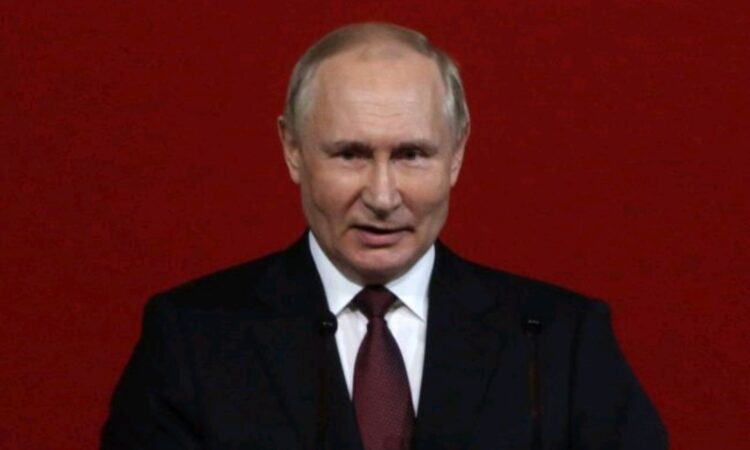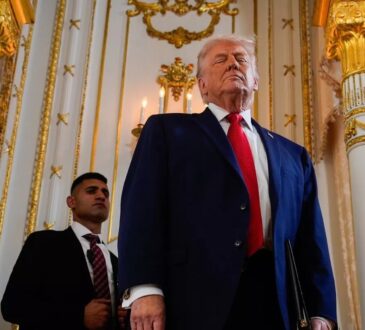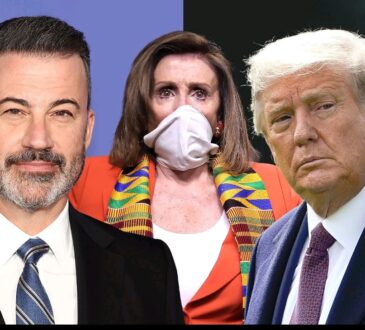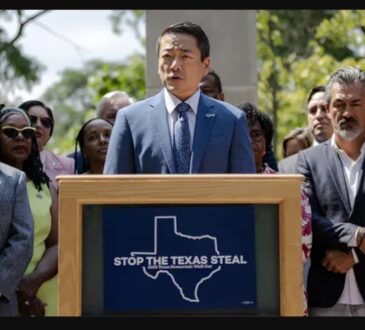
Russian President Vladimir Putin has made it clear that he’s willing to talk about peace and possibly ending the war in Ukraine, but only if some strong conditions are met. According to a report from Reuters, these conditions aren’t small—they involve big political and military changes, especially with how the West deals with Russia and NATO.
Putin wants written promises from Western leaders that NATO, the military alliance between several European and North American countries, will not continue expanding toward Russia’s borders. Specifically, he wants guarantees that Ukraine, Georgia, and other countries that used to be part of the Soviet Union will never be allowed to join NATO. This is one of Putin’s biggest concerns, and it has been for a long time. He believes that having NATO so close to Russia is a direct threat to his country’s security.
But that’s not all he’s asking for. He also wants some of the tough sanctions placed on Russia to be removed. These sanctions were put in place by the U.S., the EU, and other countries in response to Russia’s invasion of Ukraine. They have had a major effect on Russia’s economy—freezing assets, stopping trade, and cutting off financial connections. Now, Putin wants at least some of those restrictions lifted. He also wants Western countries to return frozen Russian money and properties.
Another key demand is for Ukraine to give up its plans to ever join NATO and instead remain neutral. He also insists that Ukraine take steps to protect Russian-speaking people living within its borders. According to Putin, any peace deal must include these terms—otherwise, he won’t agree to stop the war.
Recently, Putin had a long phone call with U.S. President Donald Trump. The two reportedly spoke for over two hours. After the call, Putin said he was open to starting work on a ceasefire document that would lay out Russia’s basic peace terms. That may sound like progress, but there’s no clear timeline or final agreement in sight yet. Russia is still preparing its version of the agreement, and it hasn’t been shared with the public.
Putin also seems to be sending a warning. According to sources, if the West and Ukraine don’t accept his terms, he’s ready to keep fighting. In fact, he might even increase military actions to prove his point. He wants to make it so painful to continue the war that others will feel forced to accept his peace plan, even if they don’t like it.
At the same time, Ukraine has its own conditions. The country says it needs strong guarantees from the West to make sure it won’t be left alone if Russia attacks again. Ukrainian leaders are worried that agreeing to a deal too quickly could lead to losing part of their independence or allowing Russia too much control.
Many leaders in Europe are also suspicious of Russia’s intentions. They think Putin might be using peace talks as a trick—to appear cooperative while secretly continuing attacks in the eastern part of Ukraine. While these talks are happening, Russia’s military is still active and pushing forward.
Despite the heavy toll of sanctions, economic issues, and the ongoing war, Putin doesn’t seem desperate to end the conflict anytime soon. Sources say he’s willing to let the war go on for years if he doesn’t get what he wants.
After a round of talks held in Istanbul on May 16, both Russia and Ukraine agreed to write down their ideas for a ceasefire. Putin confirmed that Russia’s draft memorandum—basically a peace proposal—is almost ready. It’s supposed to outline how Moscow thinks the war can end, and what conditions must be met for that to happen.
However, Ukraine’s government is worried about what that document might contain. They fear it could demand too much, such as forcing Ukraine to give up important parts of its sovereignty, or making compromises that would weaken the country long-term.
In short, peace is being talked about, but it’s still far from certain. Putin has a long list of demands, some of which go beyond Ukraine and affect the wider relationship between Russia and the West. Ukraine and its allies are deeply cautious, and many people fear the war could drag on even longer unless there’s a major breakthrough.




